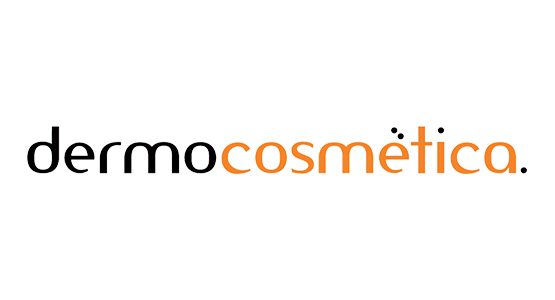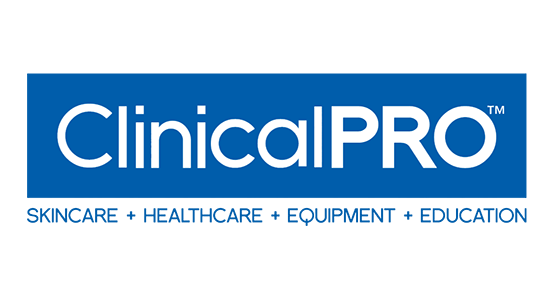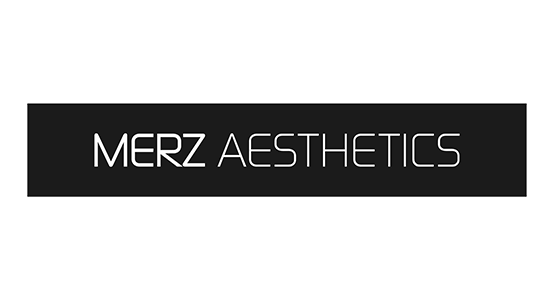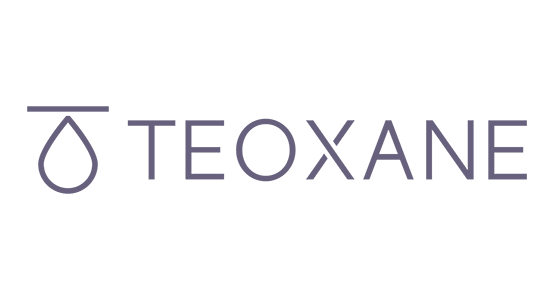During perimenopause and menopause, hormonal changes occur, including a decline in estrogen levels. These changes can impact a woman’s skin, requiring adjustments to her skincare routine.
The skin becomes thinner, and more alkaline, and there is increased transepidermal water loss, leading to dry skin. The skin becomes dull with a loss of elasticity, and sun freckles and wrinkles appear with breakouts of adult acne.
Treatment tips that can help the skin during menopause
Prescription
- Prescription topical retinoid
- Oral antibiotics for adult acne
Non-Prescription
- Avoid harsh cleansers and alkaline soaps
- Reduce the temperature of hot showers or baths
- Use a targeted treatment to repair the barrier of your skin
- Use a spot treatment for acne breakouts
- Use an antioxidant serum plus sunscreen in the morning
- Where possible, introduce a topical retinoid at night
Skincare ingredients that can help during menopause
- Retinol
- Peptides
- Growth Factors
- Vitamin C
- Glycolic Acid
- Arbutin
- Ceramides
- Glycerin
- Shea Butter
- Polyhydroxy Acids
Skincare products that can help during menopause
- Gentle cleansers are essential, as you don’t want to further aggravate the skin or dehydrate it.
- Targeted products encourage cellular turnover and collagen synthesis while compacting the stratum corneum and preventing breakouts.
- Rich moisturisers containing growth factors and/or peptides that help to rebuild healthy collagen, while repairing existing damage, are ideal for mature, ageing skin during menopause.
- Rich body creams and washes are advised for skin that has become thinner, more alkaline, and drier.
Book a complimentary skin care consultation at Hamilton Skin Clinic











